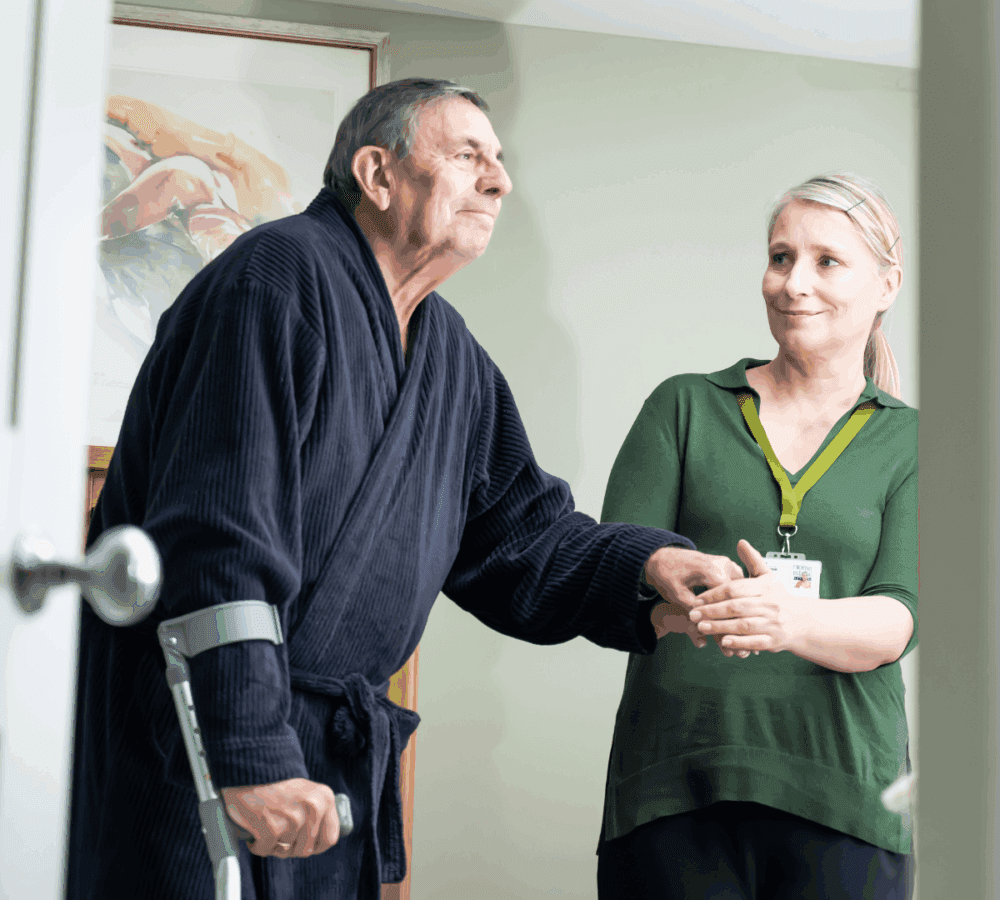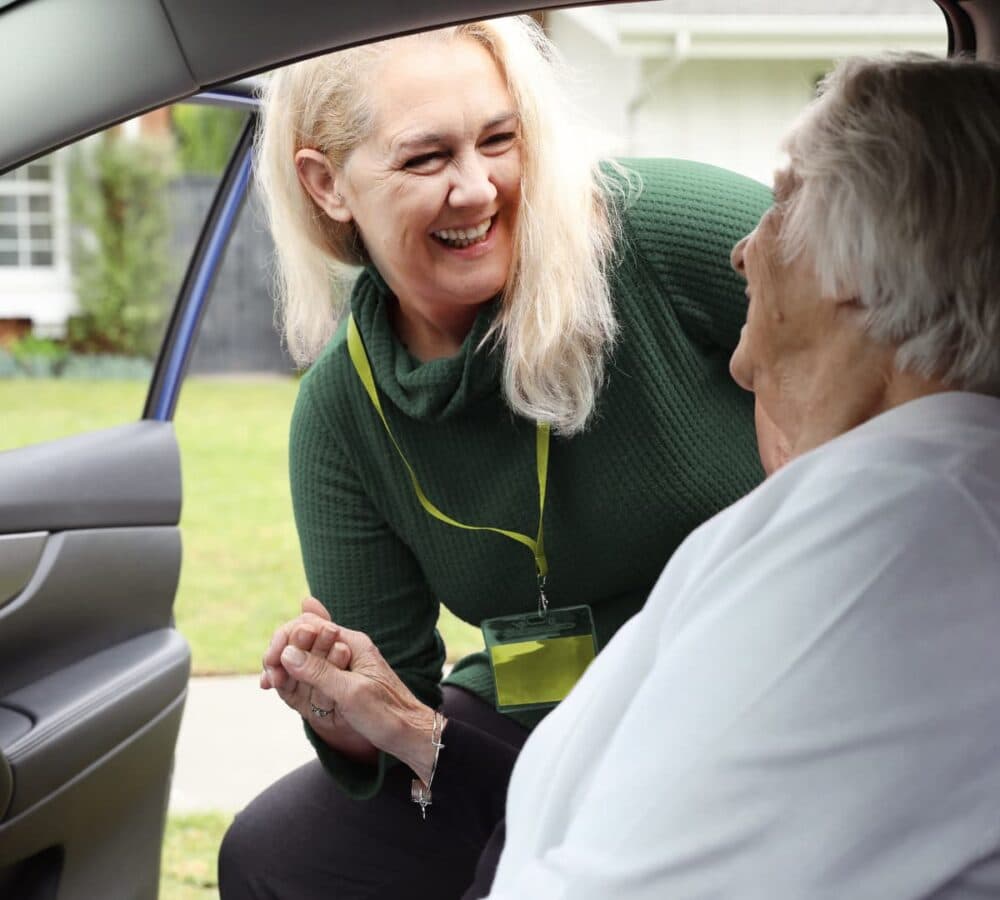Life After a Stroke: Rebuilding Independence at Home in Lancaster

In a moment, a single stroke can change someone’s entire life, altering not only their movement and speech but also their comfort and confidence. Fortunately, recovery can start in the hospital and continue in the familiar space of home.
World Stroke Day (29 October) is also the perfect reminder that recovery does not need to happen overnight – progress can also be appreciated step by step, at a pace that suits each person. And with the right guidance, many stroke survivors go on to regain their strength, purpose, and confidence.
At Home Instead Lancaster, our clients are taken care of by our Care Professionals who are ready and waiting with personalised support and one-to-one assistance. This approach works a treat to help build independence, whether it’s by assisting with rehabilitation training, helping clients boost their self-confidence outdoors, or simply offering light conversation and companionship with every visit.
Recovery Is Personal, Not Prescribed
Every person’s experience of stroke recovery is different, which is why empathy and patience are so crucial. Some regain mobility quickly, while others may take more time to rebuild confidence, speech, or strength.
Our Care Professionals are trained in stroke awareness, safe movement, and communication support for those living with aphasia (struggling to communicate). They focus on progress, not perfection, helping each client regain control at a pace that feels right.
Whether that’s gentle mobility practice (like some light walking), daily routines (i.e. whipping up some lunch), or calm conversation, our care is always guided by compassion, patience, and consistency.

6 Ways Families Can Support Recovery at Home
Family encouragement can make a big difference in how recovery feels. Here are a few practical ways to help:
1. Keep floors clear to reduce the risk of trips and falls.
2. Let your loved one complete tasks in their own time.
3. Speak slowly and clearly, and allow proper pauses for replies.
4. Always check in with physiotherapists before starting home exercises.
5. Prepare healthy, easy-to-manage meals to boost energy.
6. Celebrate progress, because every small step counts.
Local Care, Expertly Connected
At Home Instead Lancaster, our team joins up with nearby hospitals, community rehabilitation teams, and physiotherapists for the benefit of our clients.
We also connect families to trusted local resources like The Stroke Association, Age UK, and local wellbeing hubs offering social groups and recovery advice. These partnerships ensure our clients receive coordinated, compassionate care tailored to their individual recovery journey.
Confidence Starts with Compassion
Stroke recovery isn’t just physical – it’s emotional, too. To help clients feel safe and supported, our Care Professionals focus on warmth, humour, and understanding with every visit. Whether assisting with gentle stretches, speech practice, or enjoying afternoon tea, our aim is to make every day feel a little brighter.
At Home Instead Lancaster, we believe that recovering in a familiar home environment encourages self-belief and restores a sense of normality and comfort.

FAQs
Can a stroke survivor recover at home?
Yes. Many clients make excellent progress at home with professional support and encouragement from family.
What does post-stroke home care involve?
Care may involve help with personal routines, meals, medication, mobility, and companionship – altered to perfectly fit each person’s needs.
How can Home Instead Lancaster help families?
Our flexible, reliable care plans, respite care, and practical advice are put in place to help lighten the pressure on families so that they can feel supported every step of the way.
Get in Touch
If you or a loved one is recovering from a stroke, allow us to assist with a care plan that promotes comfort, confidence, and long-term wellbeing.
Call 01524 951574 or enquire online for more information on stroke-recovery home care options in Lancaster.